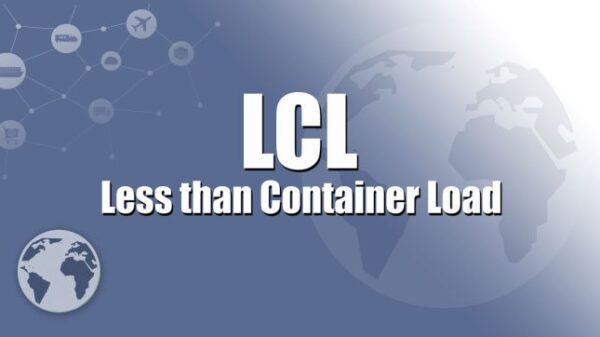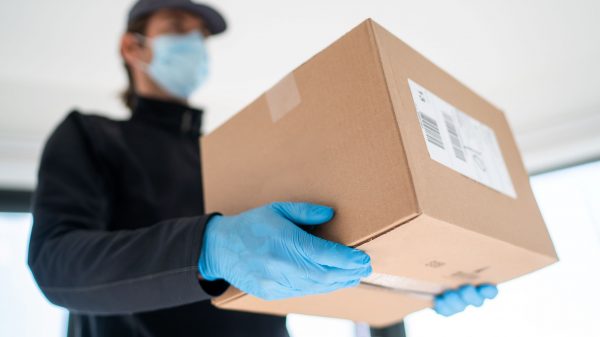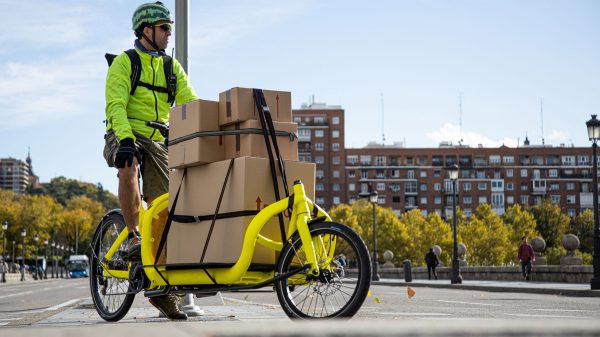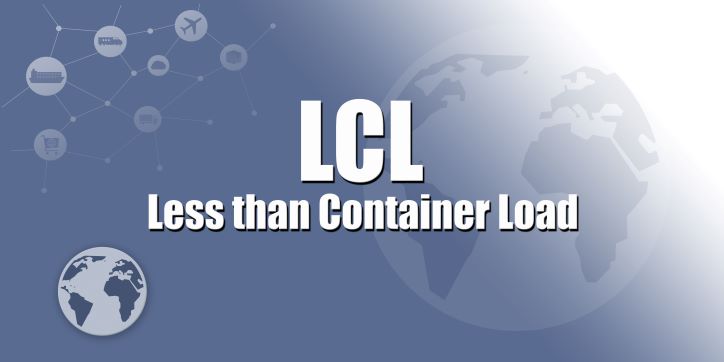Have you ever been shopping online for a new product and wondered how it would get from the supplier’s warehouse overseas to your doorstep? It can be mysterious when we shop online, but that mystery doesn’t have to remain unsolved. If you pay attention while browsing different websites, like Alibaba or AliExpress, you may see something called LCL shipping on your checkout page. But what is LCL shipping, and how does it work?
In this article, we’ll answer these questions and explore the ins and outs of the process – ensuring that your subsequent global purchases are delivered safely and quickly. Read on to learn more about international shipping with LCL.
What is LCL shipping, and what are the benefits over other shipping methods?
LCL freight is cargo shipping that utilizes the collective power of many small shipments packaged together in one container to save costs. Rather than shipping specific items on their own, LCL solutions mean businesses consolidate multiple smaller shipments into a single order, resulting in significantly reduced transportation expenses and time savings – especially important for those companies with limited resources.
Many major carriers offer LCL services, allowing customers to choose the most cost-effective solution while avoiding unnecessary delays and additional costs associated with multiple deliveries. In addition, customers benefit from tracking visibility since they can track their entire shipment as if it were one delivery.
Moreover, this method has proven reliable and secure as all items are packed together in waterproof material until they reach the intended location. LCL shipping is an efficient way to transport goods at lower prices than other methods – no wonder so many businesses are taking advantage of it.
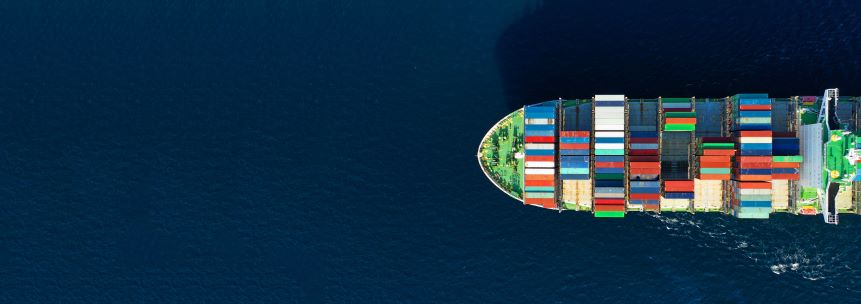
Shipping freight has become more affordable with LCL
How does the LCL shipping process work from start to finish?
The entire process starts with the customer purchasing from an overseas supplier. Once the order is placed, the supplier will package the goods and prepare them for shipment. Depending on what you’ve ordered, this could involve simple packaging or more complex protective materials.
Once they are ready to go, they’re loaded onto a lorry or container lorry and taken to the nearest port. At this point, the goods are loaded onto a ship and transported to the destination country, which can be anywhere in the world.
At the port of arrival, customs clearance is required. It involves paperwork and payment for duties, taxes, or other fees associated with importation. Once these have been cleared, lorries will collect the goods and take them to a lorry depot, where they are sorted and loaded onto lorries that take them to their final destination.
At the recipient’s end, another customs clearance may be required before the goods can be released for pickup or delivery. The entire process, from initial order to delivery, can take anywhere from two weeks to more than a month, depending on the location and other variables.
What are some of the crucial factors to consider when shipping LCL?
Regarding international shipping with LCL, there are a few key factors that should be taken into consideration to ensure successful deliveries. Firstly, you must check with your local customs authorities regarding any regulations and procedures that must be followed. It will help ensure that all paperwork is in order and reduce delays due to non-compliance.
The size and weight of the lorry or container lorry are also essential, as this determines how many items can be shipped on a single lorry. It’s crucial to ensure that the lorries carrying your goods are large enough to fit all of the items; otherwise, you may run into issues with international shipping restrictions.
Finally, it’s also important to consider insurance for your LCL shipments. It will help cover any losses or damages during transit and additional fees incurred due to customs delays or errors.

LCL shipping is proving to be cost effective
Are there any benefits to using LCL shipping?
Yes, there are several benefits to using LCL shipping. Firstly, it’s the most cost-effective way to ship goods internationally, as businesses can consolidate multiple smaller shipments into one lorry or container lorry and save on transportation costs. It also reduces paperwork associated with multiple orders and provides greater visibility regarding tracking shipments.
Additionally, LCL shipping reduces the risk of items being damaged or lost during transit since all items are securely packed together until they reach their destination. It’s also a more sustainable form of transportation as lorries can be filled with fewer trips, and emissions are reduced accordingly.
Finally, LCL shipping is an excellent option for businesses looking to reduce their carbon footprint and improve global sustainability. Businesses can opt for lorries that use electric power or biodegradable packaging materials to minimize their environmental impact.
Conclusion
LCL shipping is a great way to save money and reduce the environmental impact of shipping goods internationally. It requires careful preparation, however, as well as compliance with local customs regulations, to ensure successful deliveries. Additionally, businesses should consider insurance for their LCL shipments, as this will help cover losses or damages that may occur during transit. With these considerations in mind, businesses can leverage the many benefits of using LCL shipping to transport their goods.















